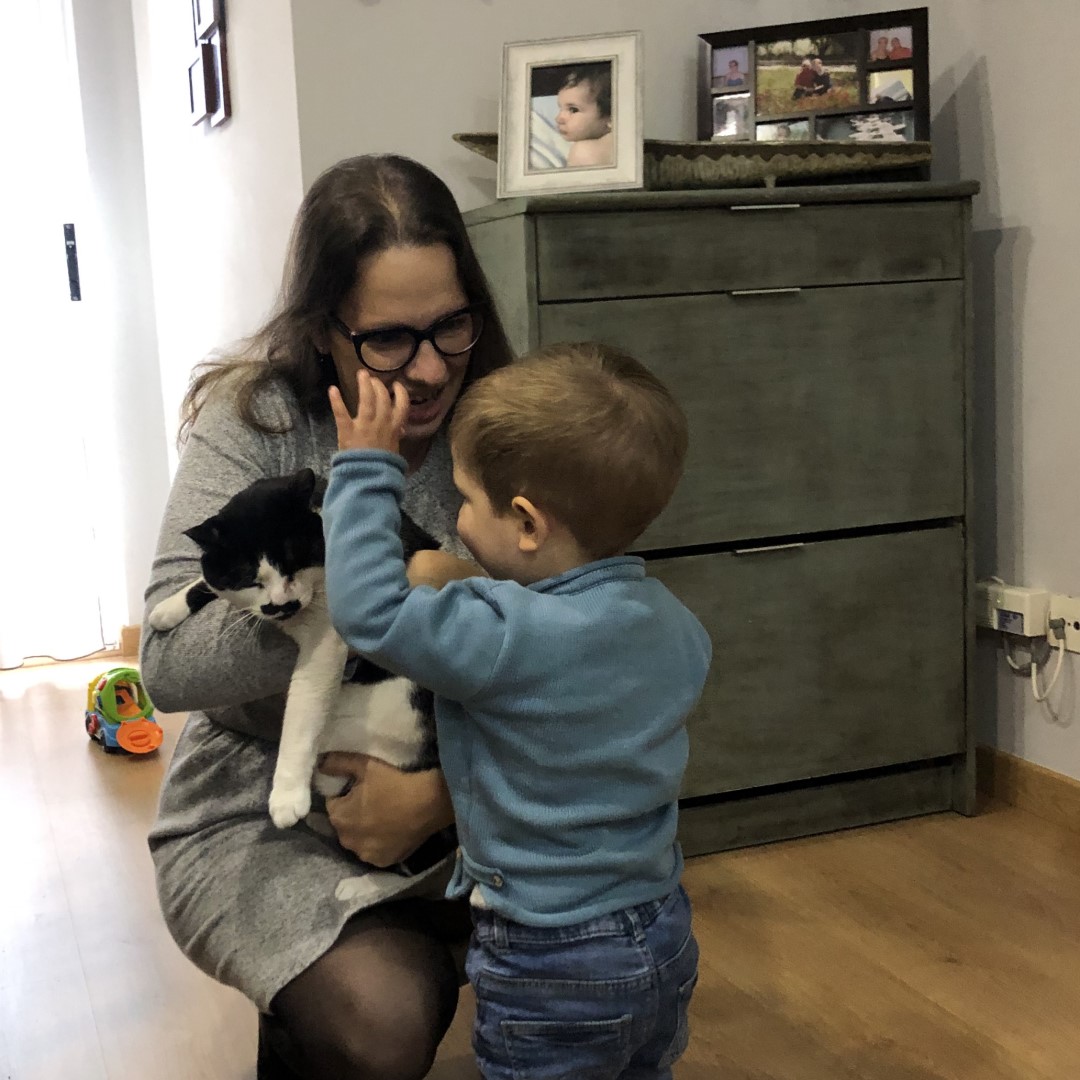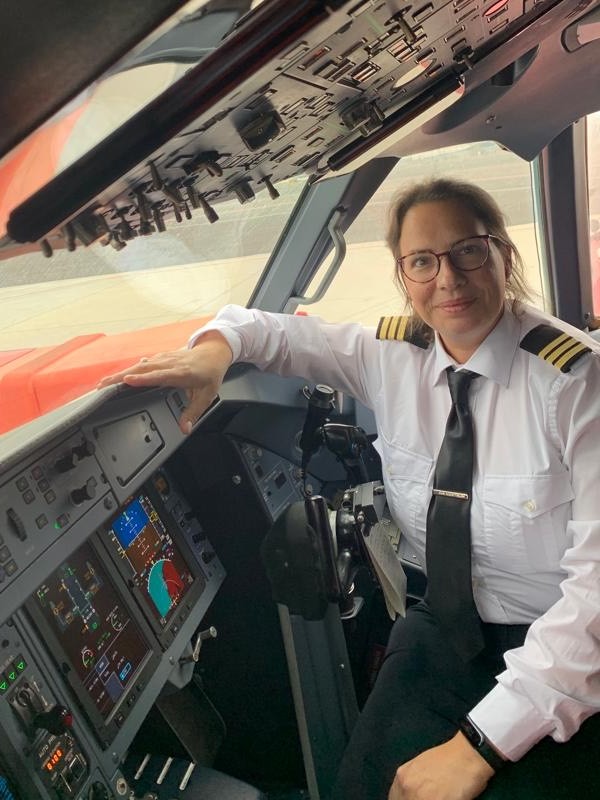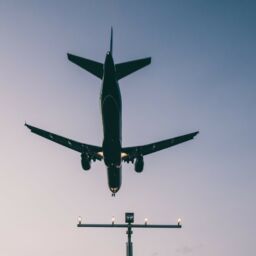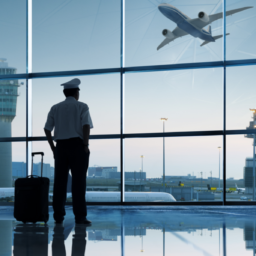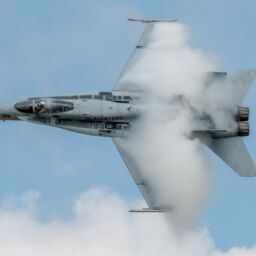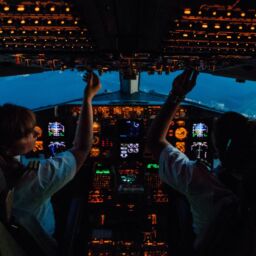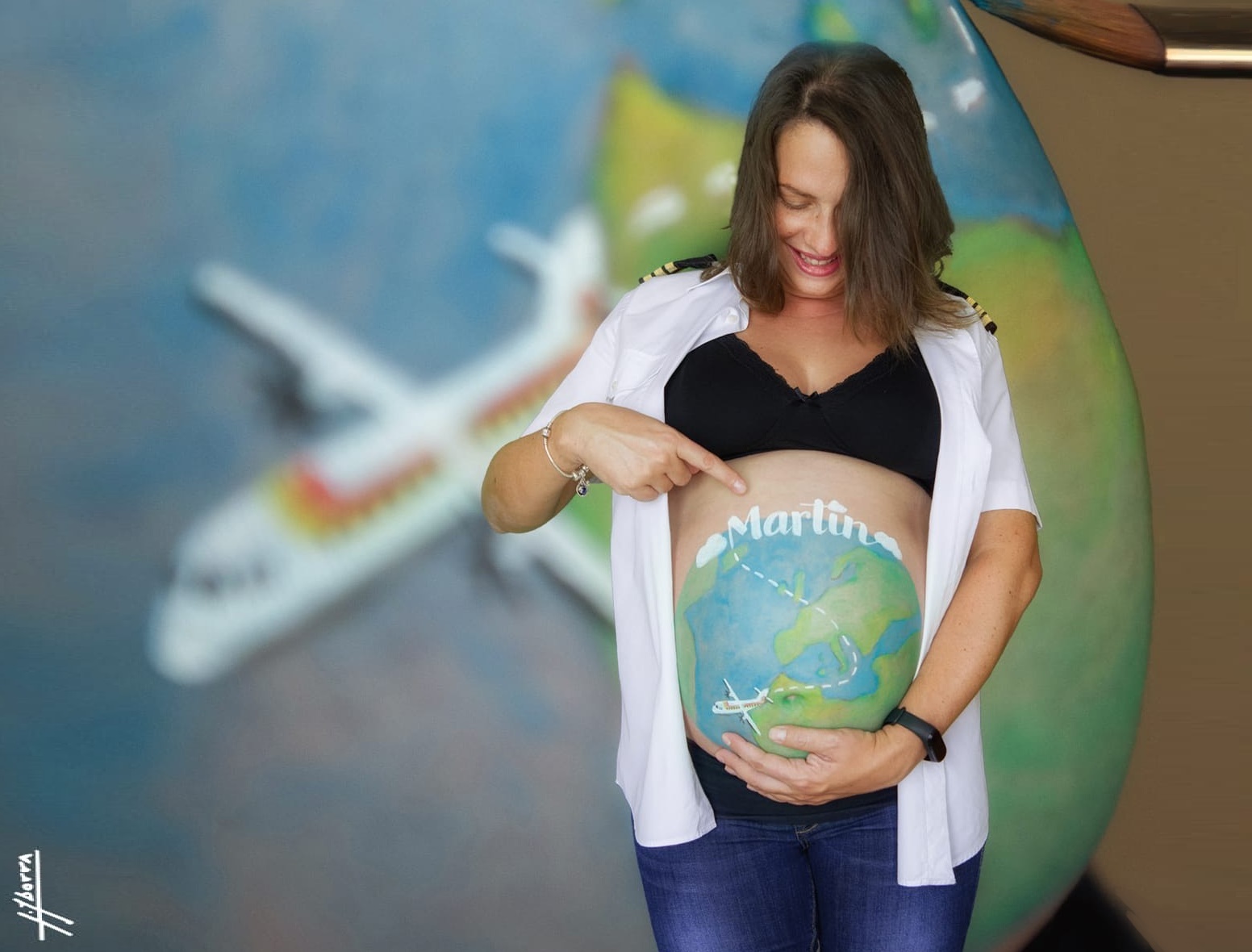
International Women’s Day is a global day celebrating the social, economic, cultural and political achievements of women. The day also marks a call to action to accelerate gender equality. The campaign theme for International Women’s Day 2022 is #BreakTheBias. Whether intentional or unconscious, bias often makes it difficult for women to get ahead. The same appears true in aviation.
Barriers to becoming a Female Pilot
The number of women entering pilot training has increased to 15% in the past five years. Historically, this is a positive trend, but knowing that there are more women than men in the world, we have to wonder why this number isn’t higher. Do women naturally feel more connected to social skills than to management and technology? Are training costs too high to earn back the investment for women planning part-time or shortened careers?
Although more and more women are seeking entry to the pilot job, we see that the number of female student pilots who fail to finish the training, is significantly higher than the male cadets. There is no reason to question the abilities of female pilots. We suspect that the training environment is not always sufficiently female-friendly. After all, most flight instructors are male, often with biases, increasing the pressure on female students to outperform their male fellow students. Women in general also need more emotional understanding and social support. Male instructors often see this as a lack of competence in a job where there is little or no room for personal emotions.
Shattering the Ceiling
In June 2018, the CAPA – Center for Aviation – put The Rise of Woman in Asian Aviation on the agenda of the annual summit in Seoul. Two months later, the South African CAA in collaboration with ICAO, held the first Global Aviation Gender Summit in Cape Town to promote gender equality in aviation.
Luisa Rodriguez (37 years) is a First Officer on the ATR72 flying with a regional airline in Spain. Luisa is single, with a son Martín who is 16 months old. Dalí – the cat named after the artist because of the mustache shape on his nose – and Catalina, the turtle, complete her family.
Luisa studied computer engineering, but she wasn’t suited for a nine-to-five job in front of a computer screen. Coincidentally, she started working as a flight attendant, a job she loved very much. Little by little, combining her job in the cabin with modular pilot training, she found her way into the cockpit. “It took me six long years, but I never hesitated to achieve it. Effort leads to success!”, starts Luisa.
“While it shouldn’t be more difficult for a woman to become pilot than it is for men, I did notice some differences in personalities and priorities during my training and in my career today. I remember during training that male students never talked about their mistakes or doubts, while as a woman I spoke frankly about my feelings and hesitations. This made them seem perfect and I the worst student of the bunch, often making me feel insecure. Fortunately, my instructors were always cheering me up and helped me see that I was on track.”
Combining family and flying
“As a mother and full-time pilot, I have to puzzle with time every day.”, Luisa says, “Basically, I’m running all day! At home, all my time goes to my family. And between my flying duties, instead of relaxing, I try to catch up with other obligations and tasks. Flying is a demanding job, and being single makes it even more challenging. Luckily I have the help of my mother who takes care of my son (and the cat and the turtle) while I’m flying. I would never be able to do this job, without her great help!”
“Flying is my passion, something I have achieved myself. But my son is of course the most important thing in my life. I wish I could have stayed at home a little longer after he was born. He was still a little baby when I had to go back in the air. But probably you will never feel ready to leave your child behind, especially your first baby. However, I believe there is room for improvement of the current maternity/paternity leave system, in particular an easier transition to returning to fly after childbirth.”
Away from Home
Luisa flies for a regional airline that mainly operates domestic flights. The number of stops is limited, on average five nights per month.
“When I have a layover, my son is taken care of by my mother and her husband. Although he is in the best hands, it is always painful to leave him behind. He gradually begins to understand that mom has to go to work, but as soon as I put on my uniform, the tears appear in his eyes… I continue to breastfeed him and always leave some milk so that at least part of mommy stays behind. By the way, the World Health Organization recommends to breastfeed for at least two years. Although it takes a lot of extra effort, I try to achieve that goal. I see it as a kind of compensation for my absence.”
“As soon as I reach the cockpit, the pilot in me becomes dominant and I can easily focus on my work. I feel really happy in the air and I enjoy being accompanied by amazing colleagues. But when the night falls and I’m trying to find my sleep in a hotel room, I can’t help but miss my baby, who at home would cling to me like a little koala.”
Luisa actually started on the CRJ1000 turbojet in Madrid, until a seat on the ATR72 in Valencia became available. Even though she had little seniority, she was able to take this position. “The senior male colleagues see the ATR72 turboprop as a downgrade in their pilot career. As a mother, my focus is not on the type of aircraft, but on a better balance between my job as a pilot and my family.” concludes Luisa. That may sound cliché, but the opposite is also true! Nowadays you find men who fly part-time to spend more time with their families, as well as women who aspire to a professional career in aviation. We don’t have to stick to traditions, everyone gets to choose what makes them happiest in life!
Share this article with your friends and colleagues:



